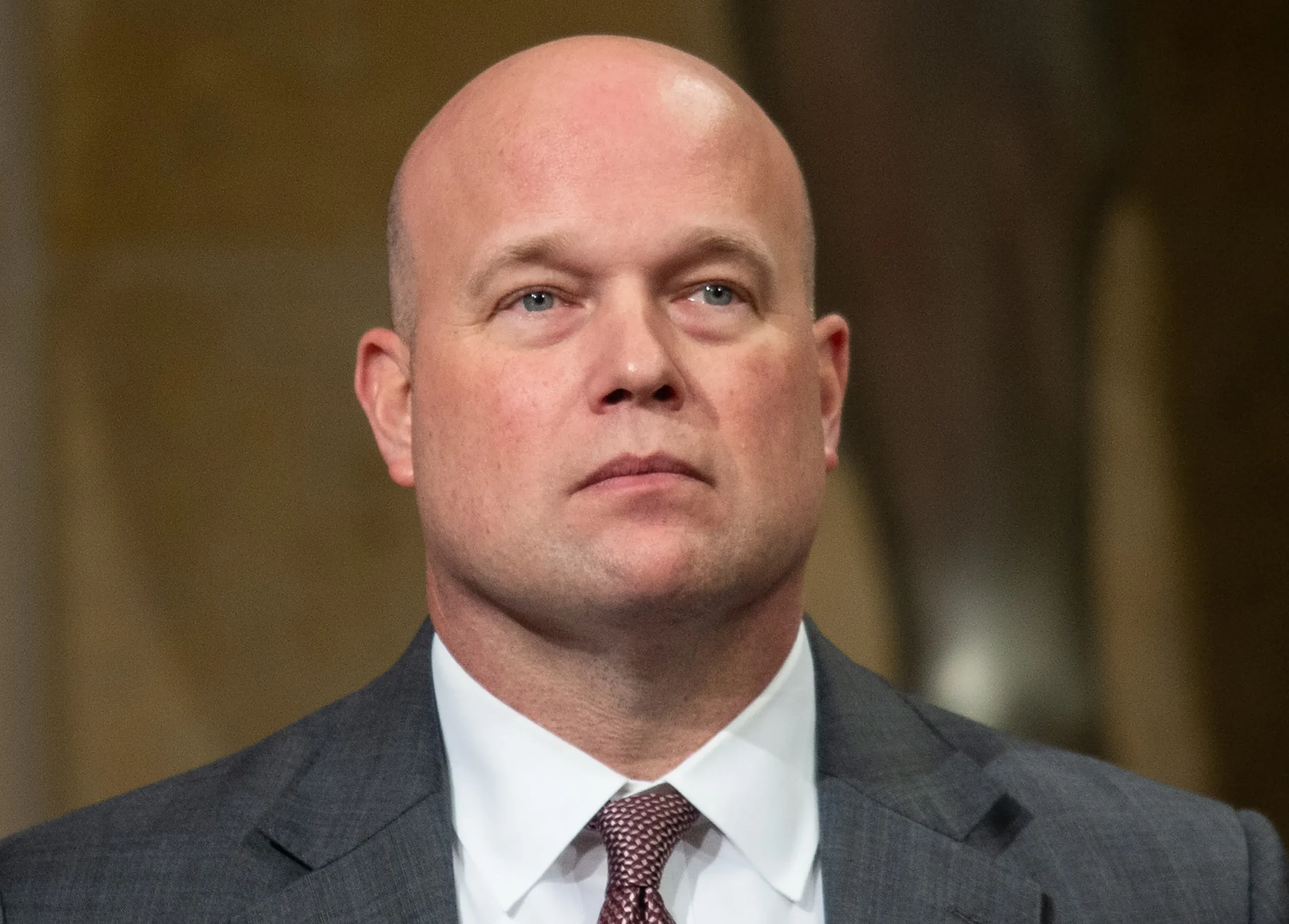In a high-profile appointment, President-elect Donald Trump has named Matt Whitaker, the former acting Attorney General, as the United States Ambassador to NATO. This decision highlights Trump’s preference for loyalists in critical roles as he prepares for his second term in office. Whitaker’s legal background and past service to the Trump administration are notable, but his lack of direct foreign policy experience has raised concerns among critics and foreign policy experts.
Whitaker’s Background
Matt Whitaker is no stranger to high-stakes roles within the Trump administration. He served as acting Attorney General from November 2018 to February 2019, following the resignation of Jeff Sessions. During his tenure, Whitaker was involved in overseeing the Department of Justice during critical moments, including the early stages of Special Counsel Robert Mueller’s investigation into Russian interference in the 2016 election.
Before his stint as Attorney General, Whitaker was the U.S. Attorney for the Southern District of Iowa from 2004 to 2009. While his legal credentials are well-documented, his lack of direct experience in diplomacy or foreign affairs has drawn criticism regarding his suitability for the NATO ambassador position.
Trump’s NATO Stance and Whitaker’s Role
Trump’s approach to NATO has been a consistent point of contention throughout his political career. He has frequently criticized member nations for failing to meet their defense spending commitments, arguing that the United States has shouldered an unfair financial burden in the alliance. Trump has also questioned NATO’s relevance in addressing modern security threats, such as cyber warfare and emerging global power struggles.
As the U.S. Ambassador to NATO, Whitaker will play a pivotal role in representing Trump’s vision for the alliance, which emphasizes financial accountability and a rebalancing of responsibilities among member states. His appointment signals a potential continuation of Trump’s critical stance on NATO, albeit with an emphasis on negotiating reforms rather than outright disengagement.
Key Nominations in Trump’s New Administration
Whitaker’s selection is part of a broader wave of appointments that reflects Trump’s preference for loyalists and ideological allies. Other notable nominations include:
- Pete Hegseth, Fox News host and Army veteran, as Secretary of Defense
- Kristi Noem, South Dakota Governor, as Secretary of Homeland Security
- John Ratcliffe, former Director of National Intelligence, as Director of the CIA
These appointments showcase Trump’s intent to consolidate his vision for national security and foreign policy in his upcoming term.
Reactions to Whitaker’s Appointment
The reaction to Whitaker’s appointment has been polarizing:
- Supporters praise his legal expertise, loyalty to Trump, and ability to advocate for the administration’s policies within NATO.
- Critics highlight his lack of foreign policy experience and his controversial past, including his association with a company accused of fraud.
Foreign policy analysts have expressed concern over Whitaker’s ability to navigate the complexities of NATO at a time when the alliance faces challenges such as Russian aggression, cybersecurity threats, and internal divisions among member states.
Implications for NATO and U.S. Foreign Policy
Whitaker’s appointment underscores Trump’s intention to reshape the U.S. role in NATO. As the ambassador, Whitaker will be responsible for managing delicate negotiations with European allies, pushing for increased defense spending, and ensuring that the alliance adapts to contemporary security challenges.
While his lack of diplomatic experience raises questions, his close ties to Trump suggest that he will have the President’s full support in executing his agenda. However, this alignment could also lead to tensions with NATO members who may view Trump’s policies as overly transactional or critical of the alliance’s traditional frameworks.
Sources
- Associated Press: “Trump chooses former acting Attorney General Matt Whitaker as NATO ambassador”
- Associated Press: “Trump builds out national security team with picks of Hegseth for Pentagon, Noem for DHS”
- Associated Press: “Here are the people Trump has picked for key positions so far”

